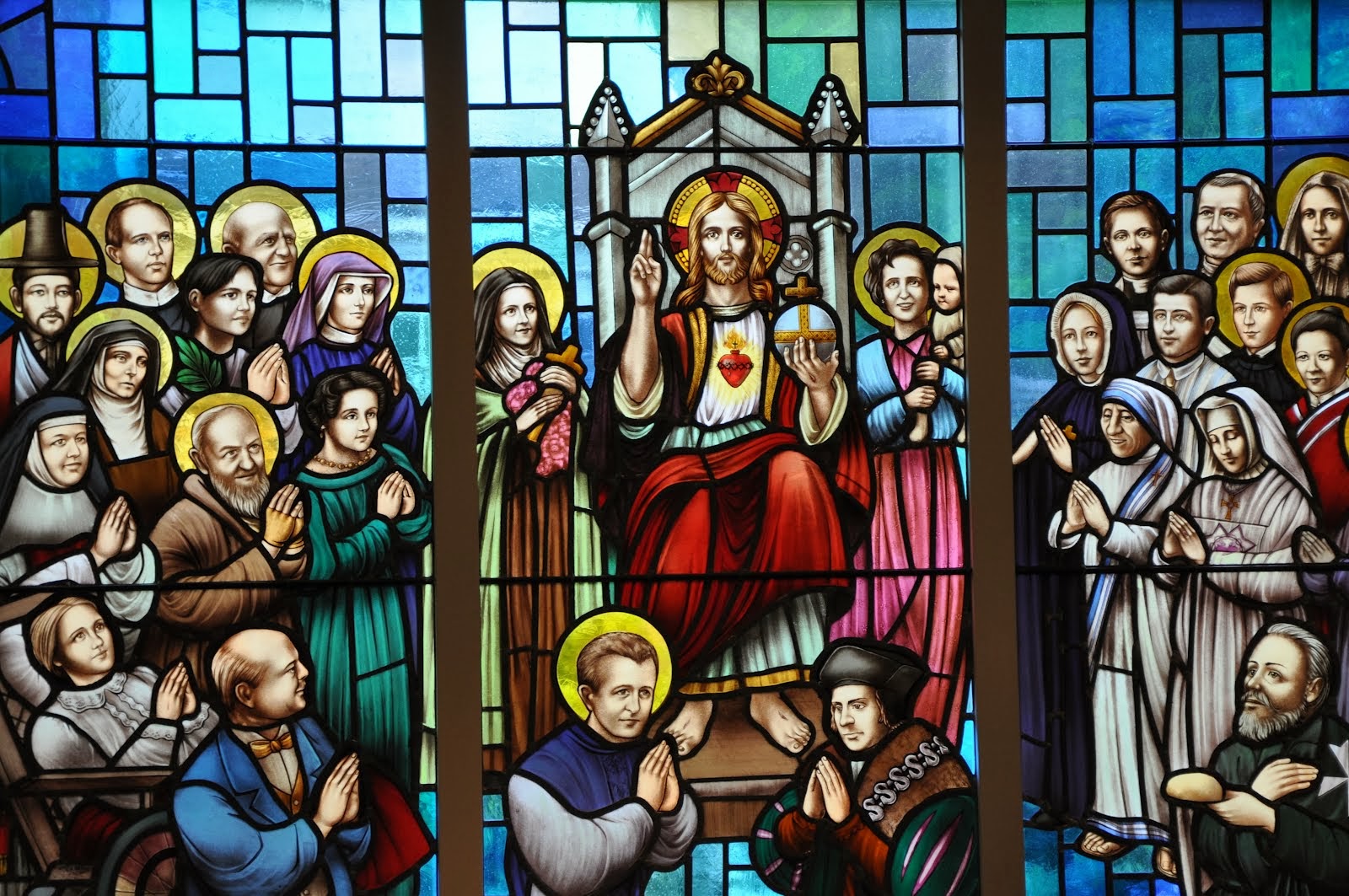
“The Son of God is the Word of the Father in thought and activity. By Him and through Him all things were made, the Father and the Son being one. Since the Son is in the Father and the Father is in the Son by the unity and power of the Spirit, the Mind and Word of the Father is the Son of God. And if, in your exceedingly great wisdom, it occurs to you to inquire what is meant by ‘the Son,’ I will tell you briefly: He is the first-begotten of the Father, not as having been produced, for from the beginning God had the Word in Himself, God being eternal mind and eternally rational, but as coming forth to be the model and energizing force of all material things.” St. Athenagoras (1st century)
“Since we have our accuser, we need an Advocate as well. And so the Lord in His pity for man, who had fallen into the hands of brigands, having Himself bound up his wounds and left for his care two coins bearing the royal image, entrusted him to the Holy Spirit. Now, through the Spirit, the image and inscription of the Father and the Son have been given to us, and it is our duty to use the coin committed to our charge and make it yield a rich profit for the Lord.” St. Irenaeus of Lyons (2nd-3rd centuries)
“For if man, made after the image and likeness of God, had retained the dignity of his own nature, and had not been deceived by the devil’s wiles into transgressing through lust the law laid down for him, the Creator of the world would not have become a Creature, the Eternal would not have entered the sphere of time, nor God the Son, Who is equal with God the Father, have assumed the form of a slave and the likeness of sinful flesh. But because ‘by the devil’s malice death entered into the world’, and captive humanity could not otherwise be set free without His undertaking our cause, Who without loss of His majesty should both become true Man, and alone have no taint of sin, the mercy of the Trinity divided for Itself the work of our restoration in such a way that the Father should be propitiated, the Son should propitiate, and the Holy Spirit enkindle.” Pope St. Leo the Great (4th-5th centuries, Doctor of the Church)
“I believe in one God, the source of all things, without beginning, uncreated, immortal and unassailable, eternal, everlasting, incomprehensible, bodiless, invisible, uncircumscribed, without form. I believe in one super-essential Being, one Godhead greater than our conception of divinity, in three Persons: Father, Son, and Holy Spirit, and I adore Him alone. I worship one God, one Godhead, but I adore three Persons: God the Father, God the Son made flesh, and God the Holy Spirit, one God.” St. John of Damascus (7th-8th centuries, Doctor of the Church)
“You see, by word and example the Son first teaches humility, then the Spirit pours out His charity upon those whom the Father receives finally into glory. The Son makes them His disciples, the Spirit consoles them as friends, the Father bestows on them the glory of sons and daughters.” St. Bernard of Clairvaux (11th-12th centuries, Doctor of the Church)
“It is obvious that both the Father and the Son breathe out the Holy Spirit, and so we gain an insight into the doctrine of the whole Trinity. God the Father is He Who sends, God the Son the means through Whom the Father sends, and God the Holy Spirit is He Who is sent.” St. Thomas Aquinas (13th century, Doctor of the Church)
“Now Our Lord, Who was humble and came to destroy pride, chose not to use a proud horse to carry Him. He chose the most simple and the most humble of all animals because He so loved lowliness and humility that only a humble mount could serve Him. God abides and dwells only in the simple and humble of heart…He Who was the Father’s equal in all things, without ceasing to remain what He was, chose to be the reproach and outcast of the people. Though humbled in this way, He nevertheless could affirm His equality with the Father and the Holy Spirit, for He was, with them, one Substance, one Power and one Wisdom.” St. Francis de Sales (16th-17th centuries, Doctor of the Church)
“The Father begets the Word with all His perfections: Power, Beauty, Light and Life…and since They are two distinct Persons, there is a mutual pleasure, a joy, a union of intense love from which proceeds the third Divine Person, the Holy Spirit. The bond of union and communication between the Father and the Son is the Holy Spirit. It is so beautiful, so perfect and so pure a unity that it cannot be understood on earth…This Divine unity is the delight of the saints, the purity of the angels, and all the love of the blessed. It is the enchantment of heaven and of the Church on earth.” Ven. Concepcion Cabrera de Armida (19th-20th centuries)
“…as the heat, power, and light of the sun do not make three suns but one; as water, air, and steam are all manifestations of the one substance; as the form, color, and perfume of the rose do not make three roses, but one; as our soul, our intellect, and our will do not make three substances, but one; as one times one times one times one does not equal three, but one, so too in some much more mysterious way, there are three Persons in God and yet only one God.” Ven. Fulton Sheen (19th-20th centuries)
“God, in His deepest mystery is not a solitude, but a family, since He has in Himself fatherhood, sonship, and the essence of the family, which is love.” Pope St. John Paul II (20th-21st centuries)
